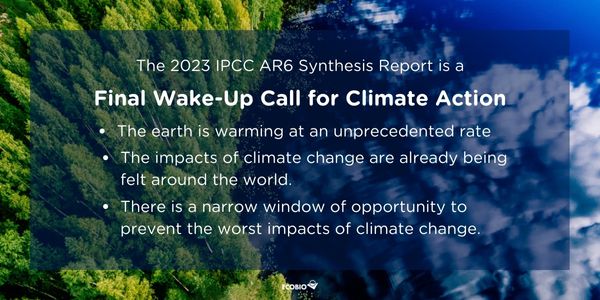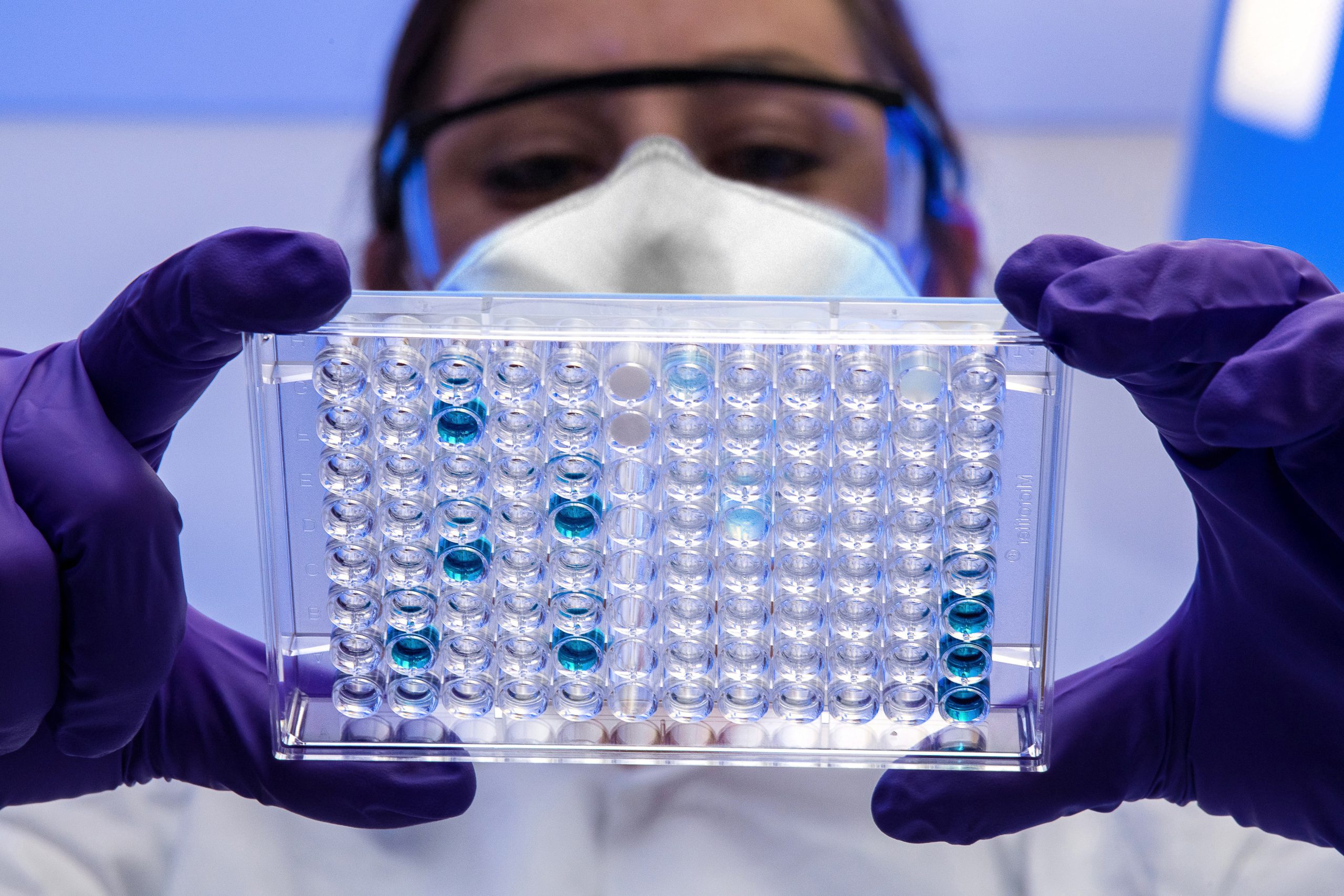CFOs should take an interest in sustainability reporting, as its digitalisation leads to significant savings, says Sanna Perkiö, Chair of the Board at Ecobio.
CFOs and CEOs of companies employing over 250 people or with a turnover of €50 million will soon face new requirements. There is a lack of expertise, and costs are increasing.
Even companies of this size in the EU will have to collect data on their environmental and social impacts much more accurately from the beginning of next year – and report them by 2026. In Finland, the new EU Corporate Sustainability Reporting Directive (CSRD) imposes new obligations on up to 800 companies.
The EU’s sustainability directive lists 84 reporting requirements and over 1100 data points. The total administrative costs for the first reporting for large companies in the EU will be approximately €1.7 billion in initial costs and €1.9 billion annually in recurring costs. Additionally, companies must verify reports by an external auditor, which is estimated to result in up to €4 billion in additional annual costs. Verification costs will increase in the future.
“I see that estimate as conservative. Costs can also be much higher,” says Dr. Sanna Perkiö, who has worked in environmental and sustainability consulting for decades.
The first complete solution for CSRD reporting keeps reporting costs in check and complies with laws and regulations
Ecobio unveiled a comprehensive solution for EU sustainability reporting on Tuesday, March 5th. With a new extension of Ecobio Manager software, mandatory new reporting costs can drop by up to half. This is reportedly the first such comprehensive CSRD reporting solution in the whole of Europe. New reporting requirements can bring a company with a turnover of a hundred million euros reporting costs of a million euros, resulting in savings of half a million euros annually. Read more about Ecobio Manager’s CSRD reporting comprehensive solution here.
“It’s probably not a good idea to permanently use expensive audit consultants, clumsy accounting systems, or your own Excel setups, but rather use software specifically developed for managing over 1000 data points for CSRD reporting, utilising artificial intelligence, which stores the data in the cloud. Now is the time to digitise reporting,” says Sanna Perkiö.
Ecobio Manager has 10,000 users in all Nordic countries, Estonia, and Germany. Client companies can input the necessary sustainability reporting data into the software themselves, as the continuously updated Ecobio Manager always contains the latest environmental requirements and legal databases. The annual sustainability report is generated through an efficient writing process in the system and with compiled data. Information is readily available even if the company’s environmental or sustainability experts change.
For more information:
Sanna Perkiö, Chair of the Board, Ecobio Oy
050 563 6651
Ecobio Oy provides expert services in sustainable development and the Ecobio Manager cloud service for business. We are the oldest consultancy specialized in environmental management and sustainable development in the Nordics. We have been awarded twice for our innovation. We have successfully implemented many novelty projects for demanding clients since 1989.
Ecobio – we help you balance business and nature.


